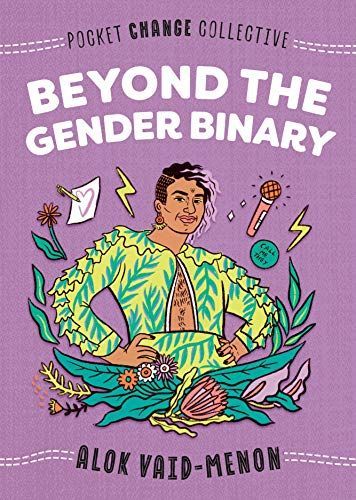
Reviews
Kierce@kierce
kait@kaitslibrary
jaz ☁️@whatjazreads
Joycelyn Ghansah@jghansah
Rachel Evans@rjev1906
aru@sapphics
Kristen Jones@krstnshljns
priya@purpleflamingo
Sophia De La Garza@sophiaalexisbooks
Fiona Coffey@bibliofi
Sabrina D. @readingsofaslinky
Laura Springall@bookishlifeoflaura
Caitlin Berger@thefluteyfeminist
Aurore@dawnreads
Savannah Lowe@savyyloloreads
Dan@nonhaifallito
Mara D Alo Fonseca@maravilhosa
ellis@ellis
ellis@ellis
Melanie @mherna392
Yennifer Villa@yefka
Barbara Guerrero@oddityMX
Kendall McClain@kendallmcclain
Emma@emmao
Highlights
Aurore@dawnreads
Aurore@dawnreads
Mara D Alo Fonseca@maravilhosa
Mara D Alo Fonseca@maravilhosa
Mara D Alo Fonseca@maravilhosa
Yennifer Villa@yefka
Yennifer Villa@yefka